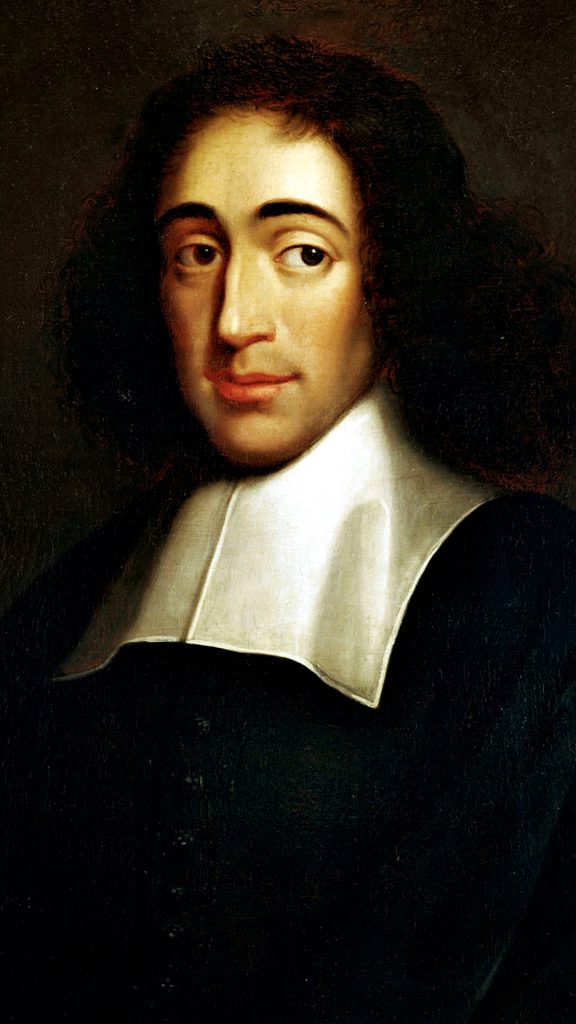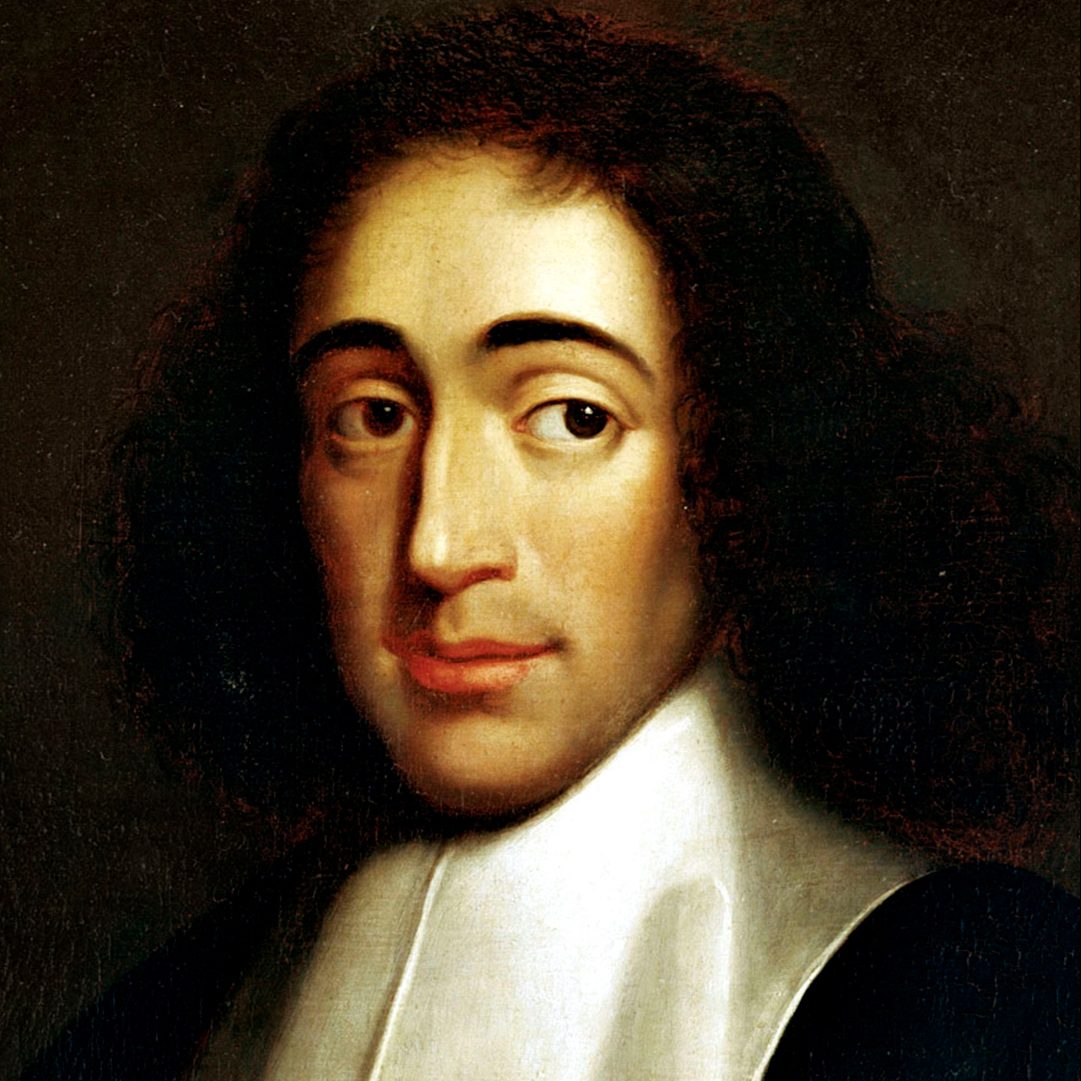
Bento de Espinosa, or Baruch Espinosa, emerges from the mist of centuries as a thinker whose Porto ancestry shaped the obscure lines of his philosophy. Born in Amsterdam in 1632, his lineage traces back to the city of Porto, Portugal, where the tumultuous tides of the Inquisition forged his heritage.
Espinosa’s ancestors, Sephardic Jews, sought refuge in the lowlands of the Netherlands, escaping religious persecutions in Porto. The shadow of forced conversion looms over this history, an indelible mark reverberating in the radical ideas that would arise centuries later.
The city of Porto, with its winding alleys and cobblestone streets worn by time, whispers secrets of a rich and tumultuous heritage. It was in this context that the Espinosa family felt compelled to leave their roots, seeking in Dutch tolerance a refuge for the freedom of thought denied to them in Porto’s soil.
Espinosa’s philosophy, intrepid and restless, echoes the tumultuous waves of the Atlantic that bathe Porto’s shores. His pantheistic view, merging God and nature, reflects not just an abstract reflection but an echo of the Jewish traditions reverberating in the narrow streets and silent synagogues of Porto.
As Espinosa navigates the intricate labyrinths of the “Ethics Demonstrated in the Geometrical Manner,” he weaves concepts like conatus into a philosophical tapestry that transcends borders. The intertwined mind and body, like the alleys winding through Porto’s hills, become pieces of an existential puzzle reflecting the complexity of his origins.
Freedom, a cornerstone of his ideas, is a rebellious response to the echo of the Inquisition resonating in the corridors of family memory. Espinosa’s freedom, like the wind sweeping through Porto, challenges imposed barriers, seeking truth and understanding beyond the limitations imposed by orthodoxy.
In summary, Bento de Espinosa’s Porto ancestry casts intriguing shadows on the roots of his thought. Like Álvaro de Campos, the restless heteronym of Fernando Pessoa, Espinosa wandered through the unknown lands of the mind, driven by philosophical currents and familial tides that intertwined in a unique way. His writings, like verses scattered to the wind, remain witnesses to a transcendental journey unfolding between the streets of Amsterdam and the ancestral alleys of Porto.

Deixe um comentário